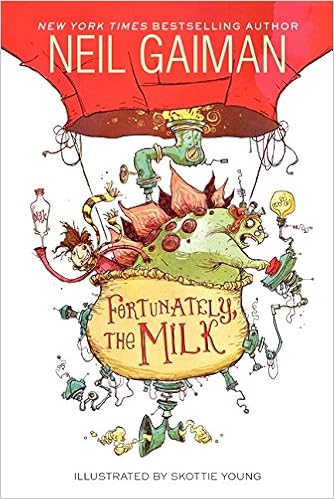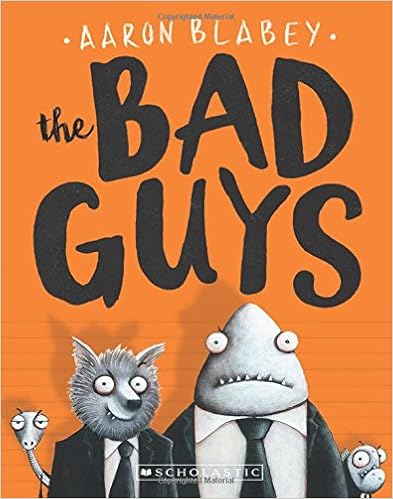095) What Was Left of the Stars by Claire Åkebrand, finished August 30
I first came to know Claire (or, her work) when we were working on Fire in the Pasture. I've read bits of her poetry when it's appeared in my feed and now I've picked up her first book.about a month
The cover is a painting by---I'm guessing her sister-in-law?---Amanda Åkebrand. It's titled "The Garden of Eden" and it looks like the Moulin Rouge. It's a beautiful cover. And the right cover.
I'll write a longer (but not completely thorough) review for Motley Vision. Here's a link that will get you there.
===========================================================
094) Laughing Gas by P.G. Wodehouse, finished August 30
This has all the hallmarks of Wodehouse's comedic genius: well-meaning idiots, gloriously constructed strings of slang,about two months
inexplicable love affairs, bubbly male friendships, and more! more! more!
That said, it's not surprising this book appears to currently be out of print.
The book takes place in old Hollywood, and it observes its racism without comment. And the Freaky Friday plot (a child star and a visiting English aristocrat change bodies at the dentist whilst concurrently under nitrous) is a danday set-up, but somehow both over- and under-used. Also, the end doesn't quite fulfill all the promises made by the beginning.
And, finally, the characters, though deliciously drawn, just don't come to life the way they do in his very best workds.
I don't disagree with those who claim Wodehouse is among the previous cenury's greatest artists, but this isn't the book with which to make thine argument.
===========================================================
093) Fortunately, the Milk by Neil Gaiman with illustrations by Skottie Young, finished August 30
Gaiman's small book is for young readers or---even better---parents to read to young readers who may then reread.two days
It's charming and funny and a sequence of clever gimmicks that combine to make something greater than their silly parts.
But not too much greater. It remains firmly grounded in the world of the silly.
===========================================================
092) Stories of Your Life and Others by Ted Chiang, finished August 29
I often check short-story collections out from the library, read one or three, then return them. Generally,maybe two weeks
I'm impressed by the writing, but I just have too many other things to read to take more than a representative sample.
This book I put hold because of an article in Wired about Arrival
(an article I can't find now because it's insanely difficult to find any magazine article on their website---why I'm not tweeting them all the time), but I wasn't totally sold on reading the book, so I didn't pick it up when the library set it aside for me. But as soon as we DID see Arrival, it went right back on hold.
I read the title story which inspired the movie. It was the same. It was different. I read the shortest story in the book. It was interesting. I started from the beginning. Here I recognized just how broad and masterful Chiang could be.
This story is a Tower of Bable tale that takes ancient cosmology seriously. As the tower grows, the moon passes by its workers.
Also featured is a world where sperm cells really are tiny humans awaiting an ovum to bring them to life. A world where angels are common occurrences and we can see with our own eyes whether the dead are lifted up to heaven or dropped down to hell. How I want to write a story placed in this world.
One thing that's clear reading these stories (and which is shown here) is how Chiang creates such deeply real worlds.
Genuine research. Geniune time. Geniune care.
The final story, written for the collection, did not seem to me, at first, as fully realized as the others.
Written as a documentary's transcript, it seemed a way to splay ideas without creating the world they fit in.
I should have been more trusting. It's a bigger challenge, but one Chiang was up to. If I ever teach a Chiang story,
I think it will be this one. If we could take away the tendency to judge by beauty, would we be right to do so?
This collection will keep me in thought for a long, long time. Check it out.
===========================================================
091) Upside-Down Magic by Sarah Mlynowski & Lauren Myracle & Emily Jenkins, finished August 21
This book feels like it was written by a committee. And I'm not saying that because it has three listed authors, though that may count of evidence of my gut theory, but because of the nature of the writing itself. Sometimes it skips over important developmental moments to get to the next checkbox moment. It's hard to believe the novel wasn't first imagined by a room of educators and editors and marketers trying to put together a Needed Book not currently represented in the market.one leg of a long long car ride
That said, it does have a handful of brilliant moments and my kids---even the thirteen-year-old who started off chilly---all dug it and were glad to learn there are sequels.
So sure, it's a crass commercial project, but that doesn't mean it doesn't have its merits.
Previously in 2017
.png)







